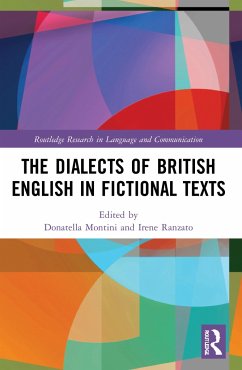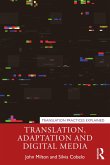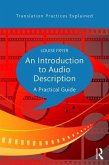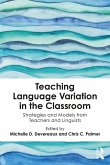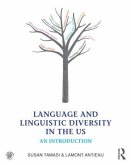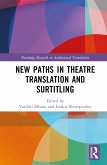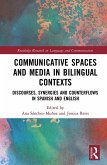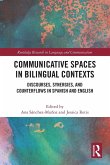This collection brings together perspectives on regional and social varieties of British English in fictional dialogue across works spanning various literary genres, showcasing authorial and translation innovation while also reflecting on their impact on the representation of sociolinguistic polarities.
The volume explores the ways in which different varieties of British English, including Welsh, Scots, and Received Pronunciation, are portrayed across a range of texts, including novels, films, newspapers, television series, and plays. Building on metadiscourse which highlighted the growing importance of accent as an emblem of social stance in the eighteenth and nineteenth centuries, the chapters in this book examine how popular textual forms create and reinforce links between accent and social persona, and accent and individual idiolect. A look at these themes, as explored through the lens of audiovisual translation and the challenges of dubbing, sheds further light on the creative resources authors and translators draw on in representing sociolinguistic realities through accent.
This book will be of particular interest to students and scholars in dialectology, audiovisual translation, literary translation, and media studies.
The volume explores the ways in which different varieties of British English, including Welsh, Scots, and Received Pronunciation, are portrayed across a range of texts, including novels, films, newspapers, television series, and plays. Building on metadiscourse which highlighted the growing importance of accent as an emblem of social stance in the eighteenth and nineteenth centuries, the chapters in this book examine how popular textual forms create and reinforce links between accent and social persona, and accent and individual idiolect. A look at these themes, as explored through the lens of audiovisual translation and the challenges of dubbing, sheds further light on the creative resources authors and translators draw on in representing sociolinguistic realities through accent.
This book will be of particular interest to students and scholars in dialectology, audiovisual translation, literary translation, and media studies.

